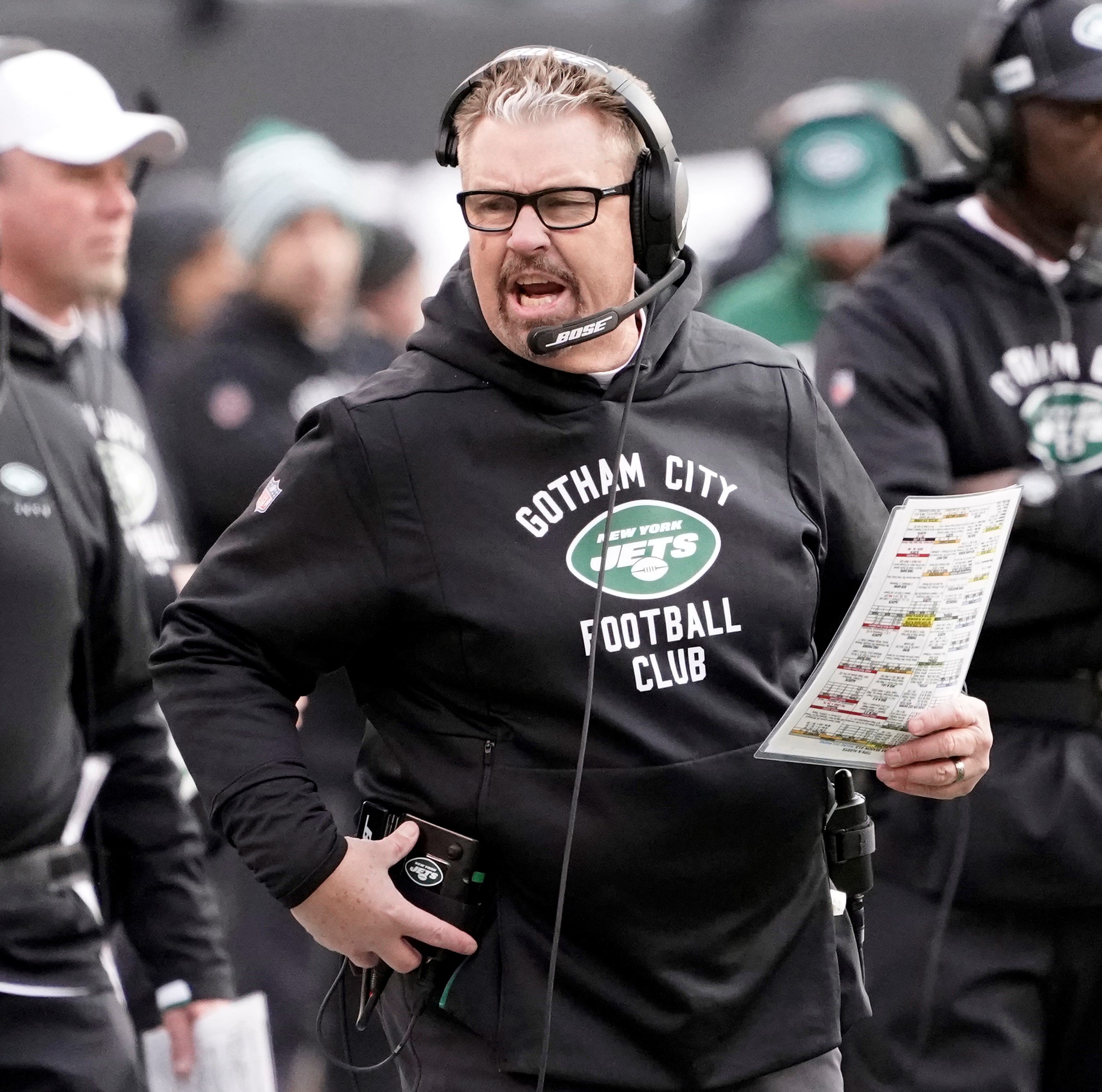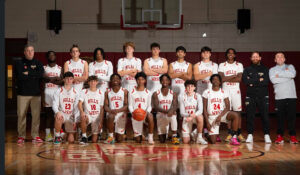How One Play Got Jets Defensive Coordinator Gregg Williams Sacked

EAST RUTHERFORD, NJ - DECEMBER 8: Defensive coordinator Gregg Williams of the New York Jets in action on the sidelines in an NFL football game against the Miami Dolphins on December 8, 2019 at MetLife Stadium in East Rutherford, New Jersey. Jets won 22-21. (Photo by Paul Bereswill/Getty Images)
The winless New York Jets led the Las Vegas Raiders 28-24 with thirteen seconds left in the fourth quarter. It seemed like the league’s worst team would finally win a game after storming back from an eleven point deficit against Sin City. However, disaster struck when Raiders Quarterback Derek Carr threw up a prayer to speedy receiver Henry Ruggs. Eight seconds later, the pass would connect, and Ruggs would score, winning the game. The Jets now sit at 0-12, and a day after their crushing defeat, the defensive coordinator who devised the play: Gregg Williams, was fired. But why did this happen? Was the pass all luck, or did Williams horribly miscalculate?
To understand this play, we need to understand basic Hail Mary defense. A “Hail Mary” is a play in which the Quarterback sends four or five of his offensive skill players (Wide Receiver, Running Back, Tight End) deep downfield in the hope that one will come down with a prayer of a deep throw. This play is usually only executed in the closing seconds of a game where the team on offense needs to score a touchdown but does not have enough time to compose a drive. Thus, the team that is defending will usually match the number of players that run deep and then add more two or three more players to ensure security. However, the Jets decided to rush the Quarterback and engage seven players to, hopefully, achieve the sack. This play backfired completely as the Raiders offensive line held firm and did not allow any pressure on Quarterback Derek Carr. This instance was the first time a team drew up a concept like this in a Hail Mary situation since 2006. Williams should have kept players back instead of rushing to cushion the poor secondary and not allow Carr to throw an open pass to any receiver. This unprecedented level of faith in the Jets’ defensive line should also come as a shock to fans because the Jets were only able to get to the Quarterback twice during the entirety of the game. Why Williams believed that would suddenly change, I can’t tell you. Another flaw in the play’s design that is worth pointing out is the “QB Spy.” The QB Spy is a player that the defense designates to watch the Quarterback but not engage in a battle with an offensive lineman. This maneuver is often utilized when the Quarterback scrambling out of the pocket for a large chunk of yards is an imminent threat. Unfortunately, the coaching staff did not seem to realize that the Raiders had to throw to the end zone, fifty yards away, so defending the Quarterback in case of a run was not a measure that should have taken. The proverbial nail in the coffin for the Jets was the man who guarded the TD recipient Henry Ruggs. Since Gang Green was short on secondary members, they elected to have cornerback Lamar Jackson matched up, one-on-one against Wide Receiver Henry Ruggs. Ruggs is the second-fastest player in the NFL. The Alabama product runs a 40-yard dash in 4.27 seconds, a far cry from Jackson’s 4.58 sprint. This difference may seem like an insignificant sum in the grand scheme of things, but Ruggs was able to secure a two-yard gap on Jackson after juking him 20 yards into the route. Ruggs would secure an easy grab and end the game in a Vegas victory. The fact that an experienced and gifted route runner like Ruggs was matched up against someone like Jackson, who was not one of the 255 players selected in this year’s draft, is astonishing. Especially because Willams did not even give him the support he needed, as he did not position a safety behind Jackson in the event that he is inevitably beat in coverage.
Should Williams have been fired. In short, yes. He bungled what should have been a routine defensive stop and a guaranteed win for the Jets. It is unclear if he did it to preserve the Jets tank, or if he called the play out of spite, to punish someone he may have a vendetta against. Maybe he just made a terrible call. Only Williams himself knows for certain. Regardless, this play will go down as one of the worst of all time and one that sums up the Jets’ season in a nutshell.








